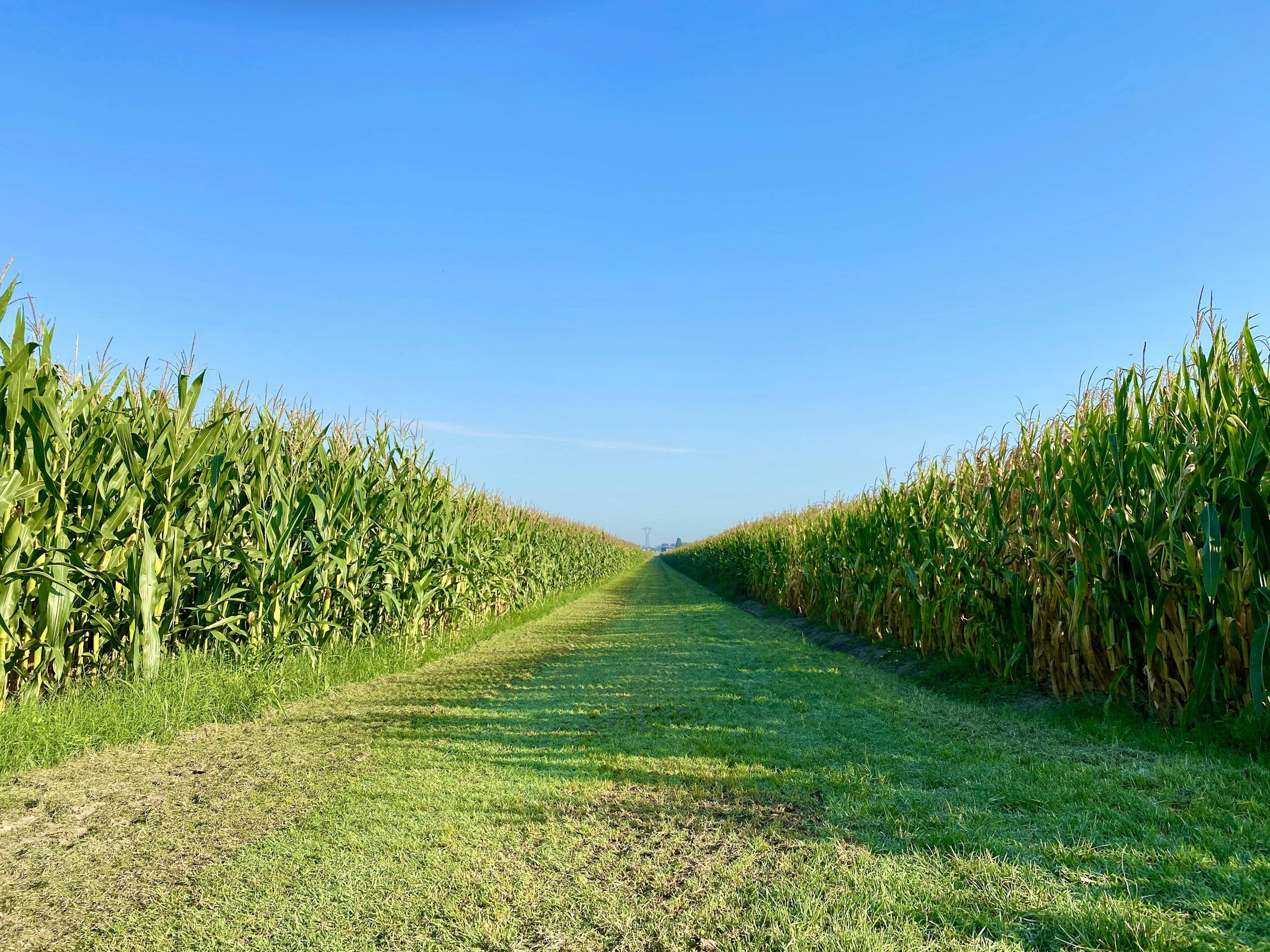
Modeling Impacts of US and Global Plant-Based Meat Adoption on Crop Production
Focus Area: “Economics” - Addressing knowledge gaps around the economics of the animal protein and plant-based alternatives markets
PI: Dan Blaustein-Rejto
Date Awarded: August 2022 (FSRF 2022-04-30)
Abstract (from publication):
Alternative meat (AltMeat), which includes plant-based and cultured meats, has the potential to improve the global food supply chain on numerous environmental and societal dimensions. Some of these gains, derived from lower animal meat consumption, could disrupt the supply chain of crops that are used as animal feed. This study evaluates the potential impact of animal meat displacement on major corn and soybean-producing regions, globally or in developed regions. We combine trading patterns and regional cost structures with potential crop demand reductions caused by animal meat displacement, to occur by 2032 on top of an Organisation for Economic Co-operation and Development and the Food and Agriculture Organization of the United Nations (OECD-FAO) baseline projection without AltMeat. We find that potential animal meat displacement in the US and the European Union (EU) would have a minor effect on crop markets. Worldwide displacement, however, would lead to significantly lower corn and soybean prices relative to the baseline OECD- FAO projection without AltMeat. We explore quantitatively the heterogeneous impact of such developments in crop-producing regions. Our findings shed light on a trade-o associated with the significant benefits of more sustainable meat production.
Reposted from:
Blaustein-Rejto D., Merener, N., & Smith, A. (2024) The potential footprint of alternative meat adoption on corn and soybean producers. Frontiers in Sustainable Food Systems, 8: 1400515.
Further Information: Journal publication can be found here and downloadable report here.
